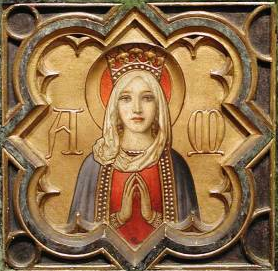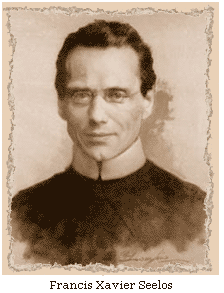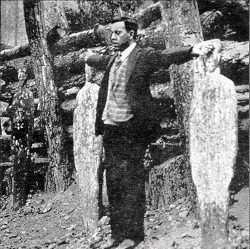+
Action has both dignity and necessity in our lives
Action, too, possesses a high dignity of its own; it embodies a specific mode of representing God. That man is an effigy of God is also manifest in the fact that of all earthly creatures he alone is able to change and to shape his environment by a free and conscious choice of purposes; that the right has been conferred on him to perfect outward nature and to share in the creative rulership of God. This is implicit in all action as such; in a specifically high and pure form it is expressed in moral conduct on the one hand, in creative art on the other.
The status viae as a whole is characterized by a realization of things not yet real, a production of new things, a tension inherent in tasks awaiting their fulfillment and aims claiming to be accomplished. Moreover, for man in his fallen state, the process of sanctification - of a transformation in Christ - is dependent on a systematic effort towards a moral formation of self and is thus inseparable from a set of ends and means. Consequently, that process is by no means free from that tension towards a purpose to be realized which we have seen to be specifically opposed to contemplation. This aspect of purposefulness attaches both to our effort towards self-perfection and to the works of charity organically issuing from that peerless virtue. We are, in statu viae, not merely being but becoming, subject to the law of change; wherefore, even in our innermost selves we are tied to the world of action and the tension that goes with action.
Yet our primary attitude must be receptive
Nevertheless, in spite of the high metaphysical dignity of action, in spite of man's specific mission of activity in statu viae, in spite of the requisiteness of action, even for the attainment of our eternal goal, the contemplative attitude ranks higher than any transient activity, however noble.
The primary attitude of man, as a creature, is a receptive one. To let ourselves be apprehended by God, to lay our soul open to the influx of God's eternal Word, to expose ourselves to the sword of the love of Christ - therein lies what is most proper to our essence. Our transformation in Christ, again, means primarily our undergoing a process of transformation by Him; He is to engrave the seal of His countenance upon our soul. Our basic attitude remains a receptive one. Thus, too, it is our emptying ourselves before the face of God, our abandoning ourselves to His operation to be filled by His presence, the vacare et videre ("to rest and to see") that effects a regeneration of our souls, enabling us to realize the further elements of contemplation, the amare et laudare ("to love and to praise") in full completeness and depth. Unless we again and again drink of the water "springing up into life everlasting" (John 4:14), the source of true and valid life in us is bound to dry up.
Dietrich von Hildebrand
+
















